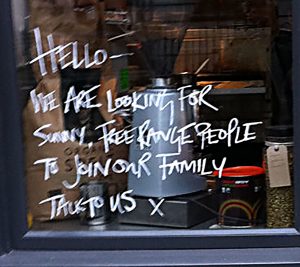Touching the heart not the hard drive…
A while ago while wandering the secondhand book stores on and around Charing Cross Road, I picked up for a pound a copy of the Grand Old Doyen of management thinking Peter Drucker’s Technology, Management and Society. It’s a slim volume packed with clear, compelling Druckerisms that are as true today as they were when he penned them back in 1958. Take, for example, his four fundamentals of communication:
- Communciation is perception
- Communication is expectations
- Communication is involvement
- Communication and information are totally different
In exploring these fundamentals, he imparts pearls such as the importance of talking to people in their own terms (“one has to use a carpenter’s metaphors when talking to carpenters”), the pernicious nature of information overload (“it does not enrich, but impoverishes”), and the essential contrast between information and communication – “Information is purely formal and has no meaning. It is impersonal rather than interpersonal.” Communication by contrast is human, emotional, experiential. “Indeed, the most perfect communications may be purely shared experiences, without any logic whatever.” Communication touches the heart; information resides in a hard drive.
All of which put me in mind of the following poetic wisdom from e.e. cummings:
since feeling is first
who pays any attention
to the syntax of things
will never wholly kiss you
